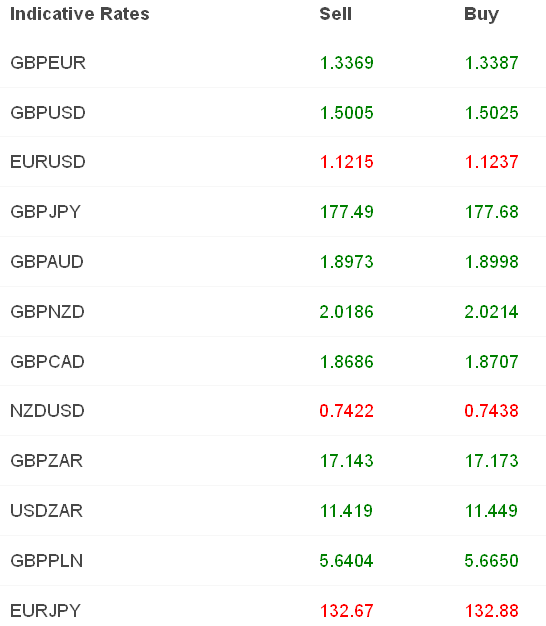For once, the opinion polls in Greece turned out to be roughly correct and the leftist Syriza party has taken the Greek elections by storm. Needing 151 seats overall to maintain a single party majority, Syriza managed 149 and will form a coalition in the coming days with either the fourth placed Potami party or the leftist-centrist party PASOK.
As we stated in our Greece Election Whitepaper, released on Friday, our central scenario is that nobody gets what they really want in this election; Syriza would win the primary poll and a coalition is fudged together, and negotiations are made between the government and the EU/ECB/IMF Troika over reengineering the country’s debt burden.
The key will be how hard a line both sides now take. As the negotiations drag on and rumours of discord abound – as they always do in these situations – then some negativity will creep back into European markets as chatter around a Grexit increases. We think that there is definitely the prospect of contagion into Italian and Spanish bond markets although at a far diminished level to what we saw through the summer of 2012. Of course, a large amount of this risk will be alleviated by any sovereign bond buying program launched by the European Central Bank. This morning we have seen Greek bond yields lose around 50bps while the debts of other peripheral nations have barely moved.
The market reaction will largely be split into three separate phases; the electoral result, increased pessimism of a deal and then systemic risk lessening. Of course, this election took place in the days after a European Central Bank meeting that launched an asset purchase program in order to stimulate the Eurozone economy and, whether this is a side effect or not, weaken the single currency.
Coming into this year, we warned of the risks that democracy could bring on markets. Writing that down makes me sound like an authoritarian dictator but as is well known, markets hate the uncertainty of political upheaval. This year is set to see a huge amount of political discord and some very uneasy and unlikely coalitions being formed. This year in the EU alone we have elections in Estonia, Malta, Finland, the UK, Poland, Denmark, Portugal and finally in Spain. Throw in a Catalan referendum on independence and we have the makings for some serious ballot box driven volatility in the coming months.
For now, the euro is trading rather apprehensively. Once the result that Syriza had come within a nose hair of an overall majority had been clarified, the single currency dipped to fresh 11 year lows against the USD, below the 1.11 level. Likewise, GBP/EUR took out the 1.35 level briefly before settling back through the Asian session.
With the Greek election results and reaction to Thursday’s European Central Bank decision still running through the markets, we can expect quite a skittish session. Today’s data calendar will see the latest run of business sentiment in Germany courtesy of January’s IFO numbers. It seems that we may have found a bottom in European business sentiment for now, and we would suspect that the decision of the European Central Bank to pump over EUR1.1trn into the Eurozone economy will lift spirits moving forward too. Sentiment means little without a throughput into investment and employment from businesses however. That is how any stimulus package must be judged.
While there are a decent run of elections due throughout the year in the EU, they are trumped by the number of central bank decisions due in the next week. Following a fortnight of floor removals (Switzerland), unexpected cuts (Canada) and QE (ECB) we have central bank meetings from Israel, Hungary, Thailand, Malaysia, South Africa, Mexico, Colombia, Russia, and US this week. It would take a brave man to predict that these will cause a cessation of the recent volatility with the Federal Reserve the most closely watched for signs that the recovery in the United States is not as strong as it was a couple of months ago. The Fed meeting is due this Wednesday at 7pm.

